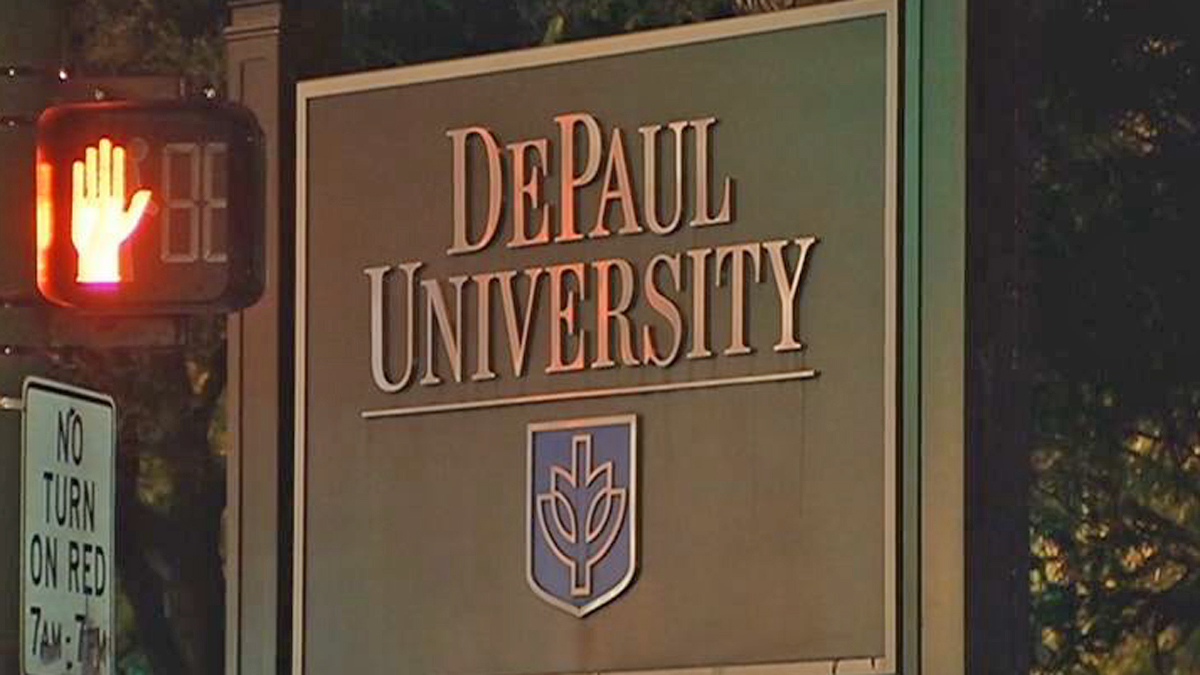President Barack Obama's chief of staff, then a congressman in Illinois, apparently attempted to trade favors with embattled Illinois Gov. Rod Blagojevich while he was in office, according to newly disclosed e-mails obtained by The Associated Press.
Emanuel agreed to sign a letter to the Chicago Tribune supporting Blagojevich in the face of a scathing editorial by the newspaper that ridiculed the governor for self-promotion. Within hours, Emanuel's own staff asked for a favor of its own: The release of a delayed $2 million grant to a school in his district.
The 2006 discussion occured with Blagojevich's top aide, Deputy Gov. Bradley Tusk, and doesn't appear to cross legal lines; Emanuel couldn't speed up the distribution of the funds. But it offers a peek at ties between two high-profile Illinois politicians — one now the president's right-hand man, the other facing years in prison if convicted of political corruption.
Discussion of the exchange could come up at Blagojevich's corruption trial, currently under way in Chicago. Blagojevich, who is accused of plotting to profit by selling an appointment to Obama's former Senate seat, also tried later that year to use the school grant in an extortion attempt against Emanuel, according to federal prosecutors.
Authorities say he ordered Tusk, who told the AP he is scheduled to testify in the case Monday and couldn't comment, to get Emanuel to compel his Hollywood agent brother to host a political fundraiser before the grant was paid.
White House spokesmen did not respond to requests for comment.
The favor unfolded in January 2006, according to e-mail exchanges released under the Freedom of Information Act. Blagojevich was 10 weeks away from a Democratic primary challenge in his quest for a second term and a federal investigation into his administration's hiring practices was well known.
Local
The Tribune ripped him for claiming he was too busy governing to campaign for the primary, while plastering his name on taxpayer-financed projects such as the new automatic-pay toll highway system and a health care plan for children.
"Why be a chump on the stump when you can make taxpayers campaign for you?" the newspaper chafed.
Tusk, currently a consultant to the Republican candidate for New York state attorney general, tapped Emanuel, who had remained friendly after winning Blagojevich's former seat in the U.S. House in 2002.
Tusk wanted someone defending the governor for merely publicizing his own good programs, according to the e-mail exchange. A proposed 180-word letter to the editor followed.
"Would you be willing to send something like this to the trib in response to today's editorial?" Tusk wrote Emanuel on Jan. 11, 2006.
Emanuel agreed. Later that day, the congressman's chief of staff suggested that someone contact the state employee overseeing the grant that Emanuel wanted released to the Chicago Academy, a teacher-preparatory school in Emanuel's district which wanted to build athletic fields. The grant, promised months earlier, still hadn't been paid.
On Jan. 16, 2006, a modified letter appeared in the Tribune over Emanuel's name. Despite the "packaging" of Blagojevich's programs, it said, "It's wrong to suggest it's the triumph of form over content. Look inside those packages, and you'll find real and lasting progress for the people of Illinois."
The money, however, didn't follow as quickly, and Emanuel appeared agitated.
"What the hell is holding up the school funding? This is a real problem for me now," Emanuel wrote on Aug. 28 when a contractor on the school project stopped work. "I am getting killed."
When Tusk repeatedly promised to call, Emanuel responded, "Just e-mail and tell me first will this happen in my lifetime. Second if yes then when. Real simple."
Phone records show Emanuel called Blagojevich on four successive days in late summer 2006. One message indicated the subject was the school. Repeated phone calls between Emanuel's and Blagojevich's staff followed the next week.
Shortly thereafter, the money started flowing, and the $2 million was paid by December. There was never a fundraiser.



